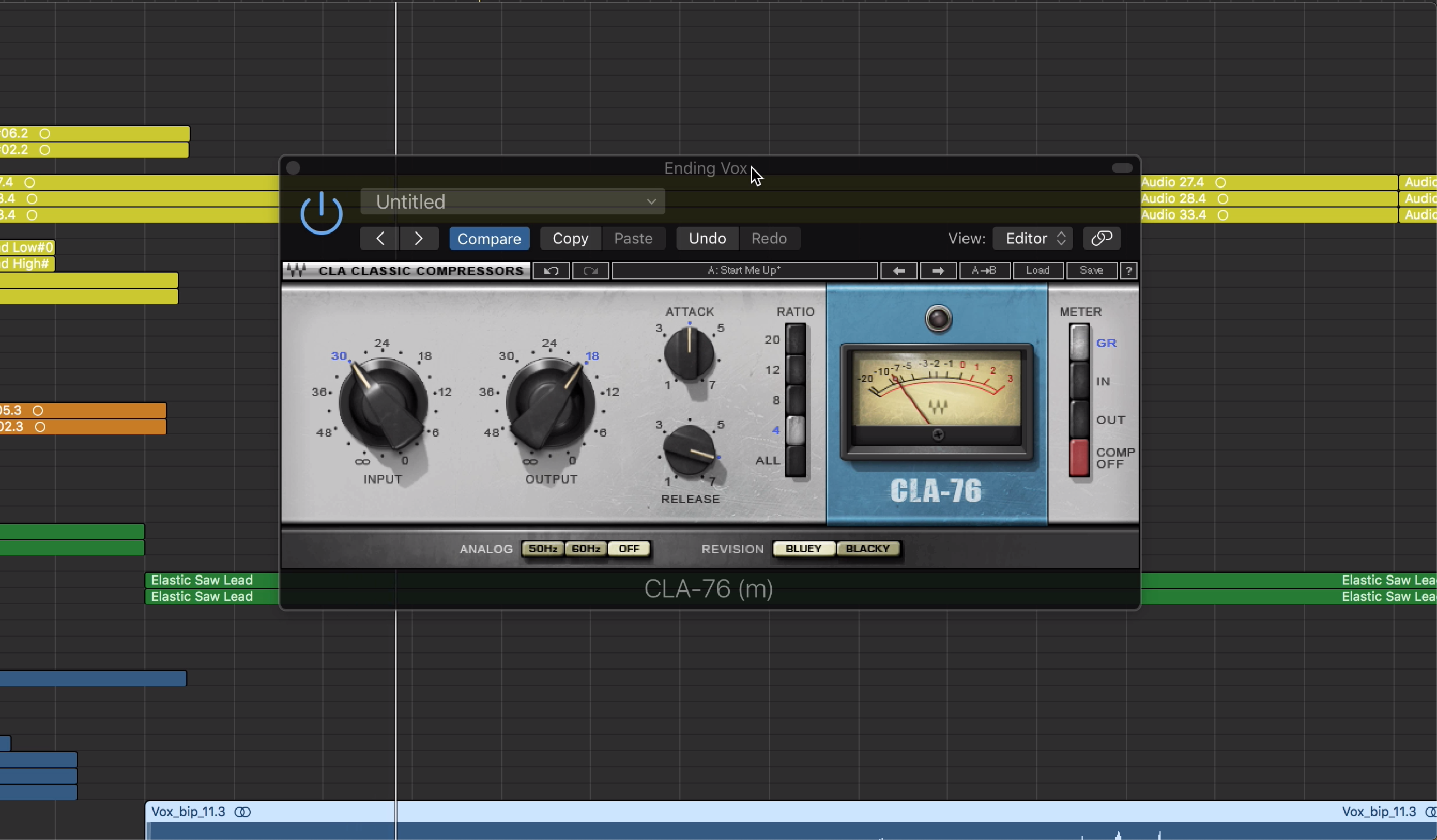Better Home Studio Mixes In Minutes

Why Your Home Studio Mixes Sound Amateur
If you are anything like me from 15 years ago you are probably wondering the same thing I was... "how do I get better home studio mixes!?" And "why don't my mixes stack up against the songs on the radio?"
Well after 15 years of recording and mixing music from my home, I have learned a lot about home recording and am trying my best to pass all of this information on.
There was a lot of time invested before I made the jump to recording clients and I want to save you from making the same mistakes I made. That's why I decided to lay out some of the easy techniques you can implement to get better home studio mixes in minutes.
Here are some of the reasons your mixes might be sounding amateur...
Build Up Of Unwanted Frequency's
All of our tracks recorded at home have small amounts of frequency build up that can clutter up our mix. This build up on a single track is no big deal... but when this adds up across all of our tracks, it can lead to a muddy and unclear mix.
Reverb
Did you know that reverb can actually be ruining your mix? Reverb is great... but people tend to use it wrong. Reverb has to be EQ'd just like any other track in our song... and I am going to show you how to go about that.
Too Much Dynamics
Home studio engineers tend to shy away for heavy compression. And this makes our tracks sound like they were recorded in a home. People often underestimate how much compression is actually used in the songs played on the radio.
Fixing Your Mixes
These 3 mistakes listed above can lead to our mixes sounding muddy and unclear. Follow these steps in order to take your songs to a higher quality in minutes...
1. High and Low Frequency Roll Off

All of our tracks have some sort of build up in the lower frequencies that is simple unneeded in our songs. And this also applies to the high end in some cases! By rolling these frequencies off, we can make more space in our song. This will allow our mixes to have more room in the frequency spectrum and get our mixes sounding clear.
Some of these frequency roll offs are...
Vocals - Roll off everything below 100Hz
Bass - Roll off everything below 40Hz and above 6K
Guitar - Roll off everything below 100Hz and above 12K
Every track has some unneeded information in it and we don't want it cluttering up our mixes. So get rid of it!
2. EQ Your Reverb and Use Less of it!

Did you know that most pros roll off the high end of their reverb? And did you know that the songs played on the radio actually use very minimal reverb? I didn't until about 5 years ago and this was a game changer!
Too much reverb in a song is a very common mistake and is one of the offenders of a muddy mix. Reverb shouldn't be noticeable. It should simple add subtle ambiance to your song.
The easiest way to push your reverb to the background is to roll off the high end of your reverb send above 4-6K. This will make your reverb sound bigger and further away! Don't believe me? Check out the video at the bottom of this post.
3. Use HEAVY Compression

Home studio engineers often don't see how much compression is used during pro mixes... We see the pros mix a track and see how much the compress and apply this to our mixes. But we forget that while these tracks were being recorded, a large amount of compression was actually used.
Because a lot of home studio engineers don't have the ability to compress while we record... we should be use double the compression while we mix!
Make sure and download my mix guide to get your go to compression settings for all of your tracks. And don't be afraid to push your compressors so that you are getting 10 to 20db of gain reduction!
Follow These Tips for Success
If you are not already using these techniques you should implement these immediately. These simple tricks will get you better sounding home studio mixes fast! And if you have any questions be sure to reach out so that answer any questions that you may have.
Download Your Ultimate Home Studio Mix Guide!
This guide will help take your mixes to the next level with your go to starting points for EQ and compression for all of your tracks. Just enter your name and e-mail and your guide will be e-mailed to you!



